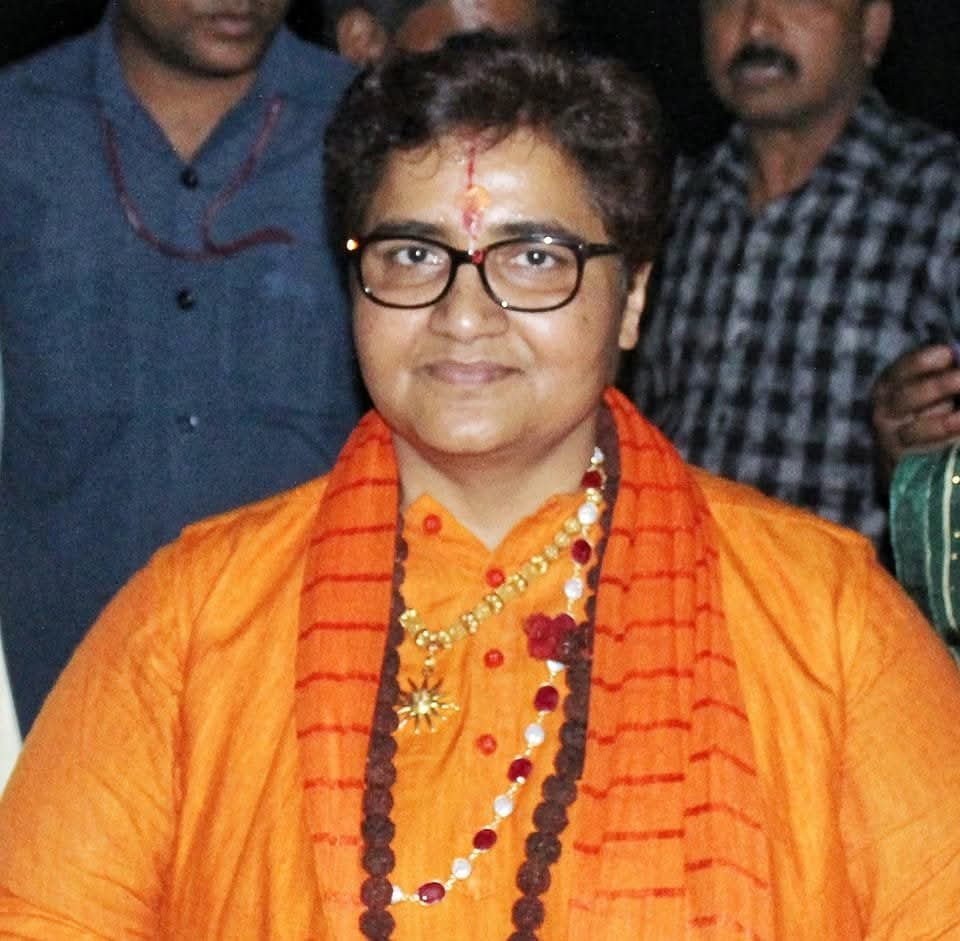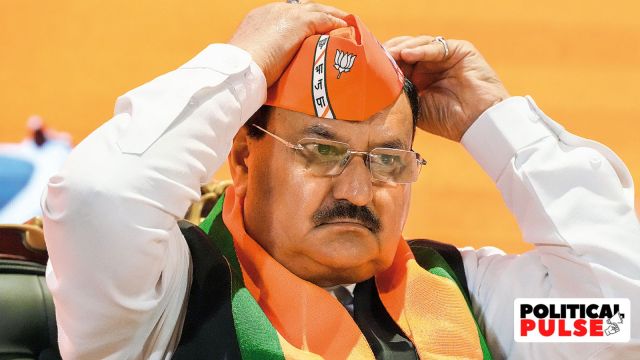
By P. Raman / The Wire
New Delhi: There have been urgent whispers about the “saffronisation” of India’s foreign policy establishment ever since Narendra Modi became prime minister in 2014.
In 2017, the Ministry of External Affairs released an official publication on the Bharatiya Janata Party ideologue, Deendayal Upadhyaya, titled Integral Humanism. As if this were not odd enough – the ministry has never involved itself with domestic politics – its contents were also unusual: it equated ‘Indian thought’ with ‘Hindu thought’ and spoke of how “Hindu society has begun the work of organising itself”.
Though evidence of the transformation of India’s outward projection from Nehruvian internationalism to Hindutva is all around us, there is an official reluctance to acknowledge the change.
With rare exceptions, even Indian analysts and think tanks have avoided the subject and focused more on the officially vaunted successes of Modi’s diplomacy.
Our best sources of information on the change in India’s diplomacy have been foreign: mainly international journals and research publications. The March issue of the U.K.-based International Affairs provides valuable details about the influence of Hindu nationalism on Indian diplomacy and how the elite Indian Foreign Service (IFS) reacted to the radical transformation.
Written by Kira Huju, a lecturer at Oxford University, the 18-page ‘draft analysis’ is largely based on 85 private interviews she had with both serving and retired IFS cadre as well as newly inducted “saffron” (or Hindutva-oriented) officials.
This story was originally published in thewire.in . Read the full story here






